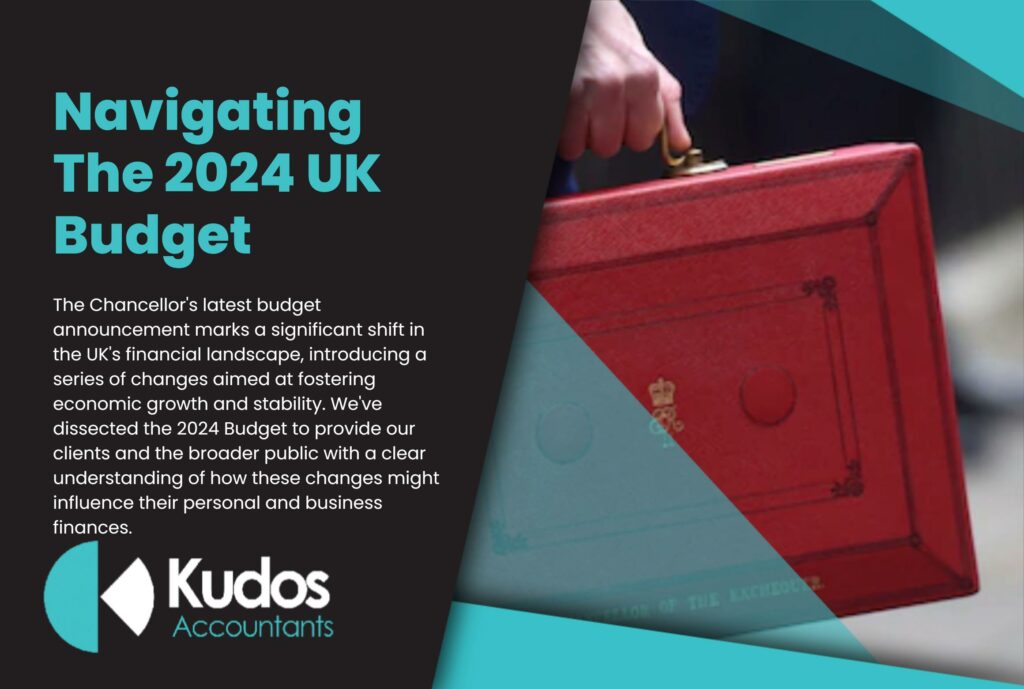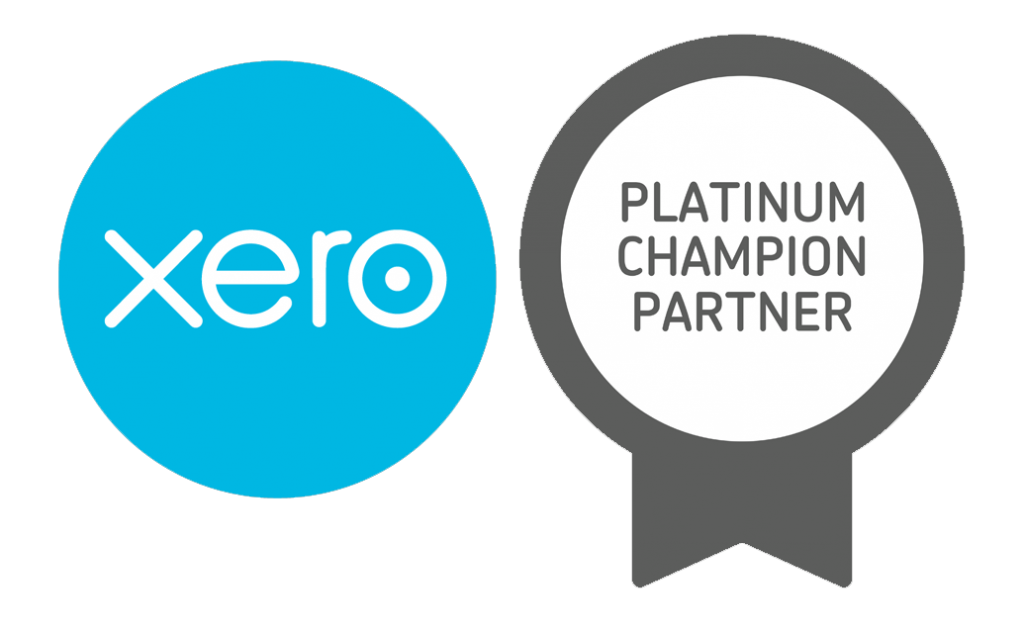This guidance applies exclusively to companies acquiring pickup trucks after 30 June 2024. Vehicles bought before this date will not be subject to the changes. Companies have a four month period to make their purchases before these new guidelines take effect. As of 1 July 2024, the landscape of vehicle taxation in the UK is set to undergo significant changes, particularly affecting owners of double cab pickups. The HM Revenue & Customs (HMRC) has announced adjustments to the Benefit-in-Kind (BIK) tax rules, which may lead to increased tax liabilities for some vehicle owners. This blog aims to demystify these changes, offering key insights and advice to help you navigate this transition smoothly.
Understanding the Changes
The HMRC’s new policy focuses on double cab pickups with a payload of less than one tonne, altering their BIK tax classification. Previously, these vehicles enjoyed a favourable tax treatment compared to cars, making them an attractive option for both personal and business use. However, the revised rules mean that these vehicles will now be taxed similarly to cars if they are used for private purposes, potentially leading to a significant hike in tax liabilities for some owners.
Who Will Be Affected?
The changes will primarily affect individuals and businesses that use double cab pickups for private purposes. If your vehicle:
- Has a payload of less than one tonne,
- Is used for personal transportation beyond merely commuting,
You might see an increase in your tax bill.
Transitional arrangements
Transitional arrangements will apply for employers that have purchased, leased, or ordered a double cab pickup before 1 July 2024, whereby they will be able to rely upon the previous treatment until the earlier of disposal, lease expiry, or 5 April 2028. The position prior to 1 July 2024 remains unchanged as outlined at EIM23150.
Mitigating the Impact
To mitigate the impact of these tax changes, vehicle owners may consider:
- Reviewing Vehicle Use: Assess how you use your vehicle and whether it falls within the scope of the new tax rules.
- Exploring Alternatives: For those considering purchasing a new vehicle, it might be worth exploring models that meet the payload criteria to remain outside the revised BIK rules.
- Seeking Professional Advice: Tax implications can be complex, and seeking advice from one of our team can provide personalised strategies to minimise the financial impact.
Looking Ahead
The forthcoming changes underscore the importance of staying informed and proactive about tax obligations. For businesses and individuals relying on double cab pickups, now is the time to review your vehicle’s specifications and usage, and plan accordingly.
A Strategic Time to Purchase a Pickup
For those considering adding a double cab pickup to their fleet or personal use, now marks a strategic opportunity. The new BIK tax rules specifically target vehicles purchased after 1 July 2024. This means that pickups bought before this date will not be subject to the heightened tax implications based on the revised criteria. It’s a timely reminder for potential buyers to act swiftly to enjoy the current, more favourable tax treatment for double cab pickups. Making a purchase decision before the deadline could result in significant tax savings, especially for those who rely on these vehicles for their versatility and durability in both personal and professional capacities.
Conclusion
With the HMRC’s tax rules set to change in July 2024, understanding the implications for double cab pickup owners is crucial. By staying informed and considering your options, you can ensure that you are prepared for the tax changes ahead. Should you have any questions or require further advice, please reach out to the team and we can help. For more information around this you can see the legislation here HMRC Link.
For more information on navigating the new tax landscape or for assistance with your tax planning, contact our team of experts today. We’re here to help you understand your tax obligations and explore the best strategies for your situation.





